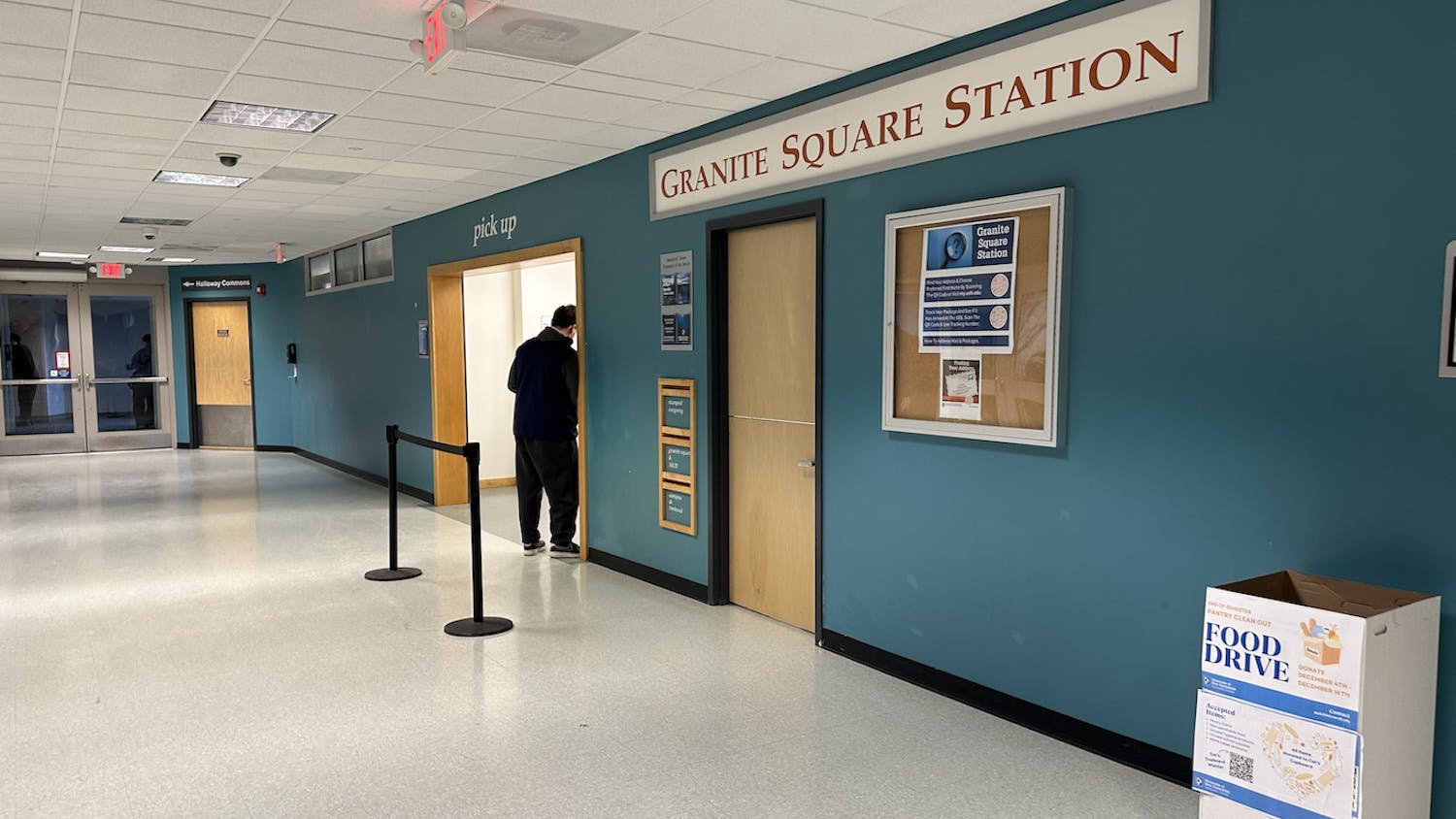By Gabrielle Lamontagne
STAFF WRITER
The ideals of peace and harmony throughout the world are all well and good, but how do we obtain them? One possible answer is through mutual respect. Even those who aren’t history buffs mostly consider the 1970s as the decade of disco, funk, hippies, and hot politics. The U.S. was involved in a lot of colonization-type wars in the 1970s, and the ‘hippie’ movement was in full swing. “Why Can’t We Be Friends?” was released on an album by War in early 1975 and reflects the political climate of the time.
This song has a very simple message: wherever you are in life, no matter your situation, it’s important to respect everyone. Just because someone is part of the “1 percent” doesn’t mean they can’t be friends with someone of the “99 percent.”
In our day and age, social class stratification, that is, the gap between rich and poor, is increasing rapidly. The change in the class divide is felt more keenly by the current generations of young to middle-aged working adults and college students. Lyrics such as, “I bring my money to the welfare line/I see you standing in it, every time,” shows the existing difference in social statuses and challenges the assumption that people on opposite sides of the table must be enemies, as the chorus follows with the repeating phrase of “Why can’t we be friends?”
The song peruses the possibilities of friendships between all sorts of people and promotes respect for all. For instance, in reference to people who are generally treated poorly or as unintelligent due to some physical defect, one verse says, “Sometimes I don’t speak right/But yet I know what I’m talking about.”
Just because someone doesn’t look, act, or talk in the way we are used to, doesn’t mean they are any less deserving of our respect. A large part of the issue with failing human respect in our generation stems from the loss of personal connection, which is often blamed on technology. Those in our own generation tend to make less of an effort to form deep and meaningful relationships with others because we feel that social media is enough.
In general we are experiencing a loss of connection between people, even those with similar opinions and goals in life or politics. Many people are so confrontational or shy that they forget it’s okay to be friends with people who don’t share your opinions. After all, adversity builds character.
The genre of this sound is folky, with a sound that is half funk, part rock, and part ‘70s pop. True, the tune is somewhat repetitive, but the message and vocals are worth listening to. It has a simple beat with more complex instruments playing lightly in the background, which contrasts pleasantly with the repetitive nature of the piece.
So maybe it’s not as catchy or full of in-depth analysis as other songs I’ve discussed in this column, but “Why Can’t We Be Friends” is still one of my favorites and a great suggestion for a pacifist or political rebel’s playlist. Although the song reminds me of the political climate of the 70s, it’s mainly a reminder that everyone should be respected, no matter what I think of their opinions or their intelligence. Don’t forget that even older music can remain relevant to you!













